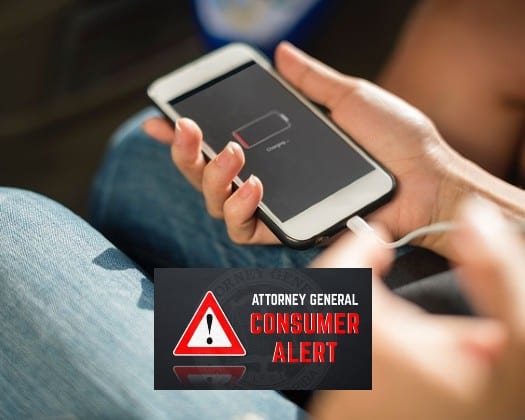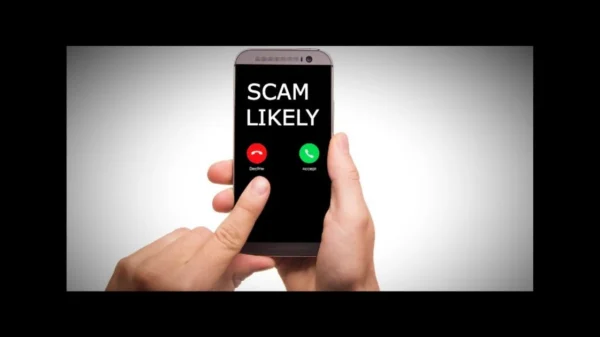On Wednesday, Florida Attorney General Ashley Moody warned consumers about a new malware attack that targets mobile phone users. Accidentally downloading this malware gives scammers the ability to steal sensitive information—including mobile payment app logins, banking credentials and remote control of a target’s phone.
“This pandemic has changed the way we send and receive money—moving more of these transactions online and increasing the popularity of mobile payment apps. This opens the door wider to hackers, phishing scammers and vicious malware attackers. Unknowingly falling for their traps could lead to devastating financial losses,” Moody said.
Moody offered the following tips to help Floridians avoid mobile malware attacks:
- Research phone apps before downloading;
- Never respond to a solicitation requesting financial information or online cash transfers;
- If a text message, email or phone call appears to be from a bank or other financial institution, look up the company online and make direct contact instead of responding to the solicitation; and
- Only send money to trusted individuals or businesses.
Signs that mobile malware is already on a phone include:
- Rapidly decreasing battery power;
- Large amounts of data being used, especially when the phone is not in use;
- Unexplained apps appearing on the phone; and
- Unauthorized purchases originating from a phone.
Google released information in its help center on how to remove unwanted ads, pop-ups and malware from a mobile phone or computer. Additionally, the Federal Trade Commission provides a detailed guide on how to recognize, remove and avoid malware.





















